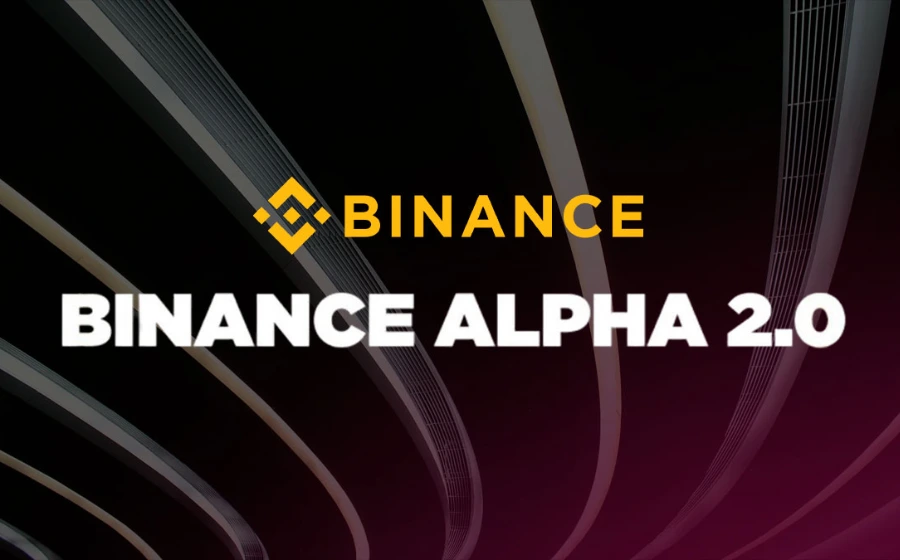
KEYTAKEAWAYS
-
FIT21 Act provides clear regulatory guidelines for digital assets, enhancing U.S. competitiveness in the global digital economy.
-
The act distinguishes between commodities and securities, reducing regulatory uncertainty and fostering innovation.
-
Clear regulations from the FIT21 Act can help build trust and accountability in the cryptocurrency industry, promoting sustained growth and innovation.

CONTENT
WHAT IS THE FIT21 ACT?
With the rapid development of the cryptocurrency market, the U.S. House of Representatives is facing a significant decision—whether to pass the Financial Innovation and Technology for the 21st Century Act (FIT21). This legislation holds profound implications for the future development of the U.S. digital asset industry, attracting considerable attention from stakeholders.
As the digital asset market grows, the current U.S. regulatory framework for cryptocurrencies is fragmented and incomplete, causing confusion for startups and industry players and providing opportunities for bad actors.
In this context, the U.S. has proposed the FIT21 Act, aiming to establish a comprehensive regulatory framework to clarify the regulatory responsibilities for cryptocurrencies, particularly in distinguishing between commodities and securities. Importantly, a well-defined regulatory framework could guide industry participants and enhance the U.S.’s standing in the crypto asset arena.
WHY IS THE FIT21 ACT IMPORTANT?
- The FIT21 Act provides a clear framework for classifying digital assets, which will significantly impact the U.S.’s competitiveness in the global digital economy.
- If passed, the act will delineate which digital assets fall under the jurisdiction of the Commodity Futures Trading Commission (CFTC) and which are regulated by the Securities and Exchange Commission (SEC). This distinction is crucial as there are key differences in the definitions of “commodities” and “securities,” affecting current regulatory approaches.
- A blockchain or digital ledger that is “functional and decentralized” will have its digital assets regulated as commodities by the CFTC. If the project is “functional but not decentralized,” the SEC will regulate the digital assets as securities.
- This clear division will help startups and investors better understand their legal rights and obligations, reduce regulatory uncertainty, and foster innovation and development.
- The act also includes consumer protection measures such as client fund segregation, lock-up periods for token insiders to encourage innovation and prevent speculation, annual sales limits, and disclosure requirements for projects.
Once these regulatory frameworks are in place, the U.S. could usher in an era of unprecedented growth and innovation in the blockchain market and economy.
*Definition of Decentralization in the Act:
Among other requirements, no individual should have unilateral control over the blockchain or its use, and no issuer or related party should control more than 20% of the digital asset or its voting rights.
INDUSTRY CONCERNS AND A16Z’S PERSPECTIVE ON THE FIT21 ACT
Indeed, the FIT21 Act could be better. Numerous industry professionals worry that the passage of the FIT21 Act could set excessively high thresholds for decentralization or grant too much regulatory authority to the U.S. Securities and Exchange Commission (SEC).
However, renowned venture capital firm a16z, which has deep investments in the crypto industry, contends that the absence of regulation is unrealistic. Clear rules are preferable to a chaotic environment. Well-defined regulations and compliance standards can help innovators build trust with the public and provide valuable products, while also holding bad actors accountable.
a16z emphasizes that despite the crypto industry existing for over a decade, the U.S. still lacks a comprehensive regulatory framework for digital assets. The current regulatory environment is fragmented, incomplete, and lacks clarity, creating a chaotic environment and providing a haven for bad actors. Meanwhile, legitimate entrepreneurs and startups face regulatory uncertainty and enforcement constraints.
In such a scenario, when other jurisdictions offer clearer and more favorable regulatory environments, entrepreneurial activities may shift abroad, which is detrimental to the overall economic development of the U.S.
CONCLUSION
Despite ongoing debates and discussions, the FIT21 Act can provide the much-needed regulatory clarity for the cryptocurrency industry. This clarity is crucial for the sustained operation and innovation within the industry. In the coming weeks, the House of Representatives will vote on the bill, and the world is closely watching to see if the U.S. can strike the perfect balance between fostering innovation and protecting consumer rights.

















